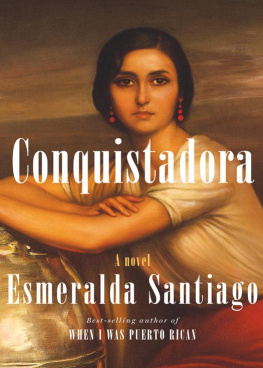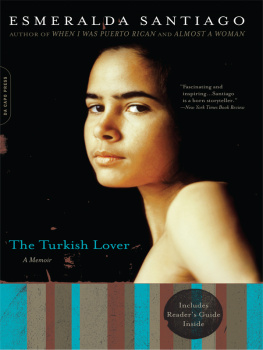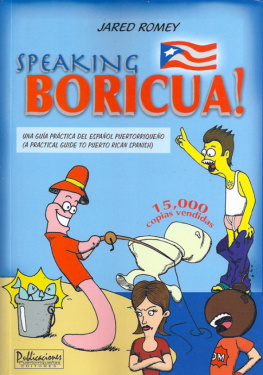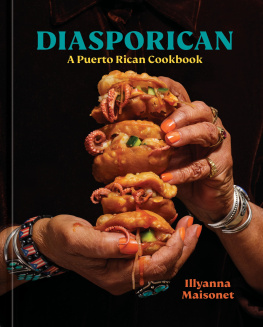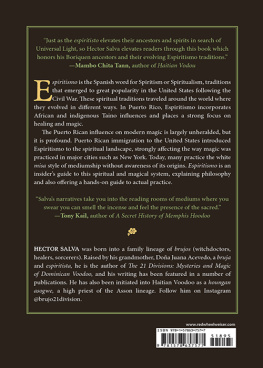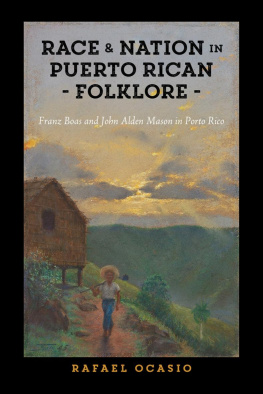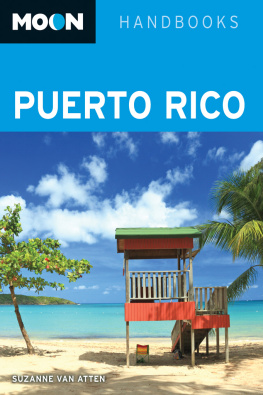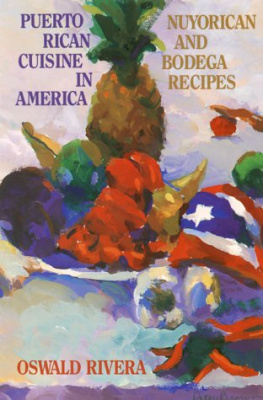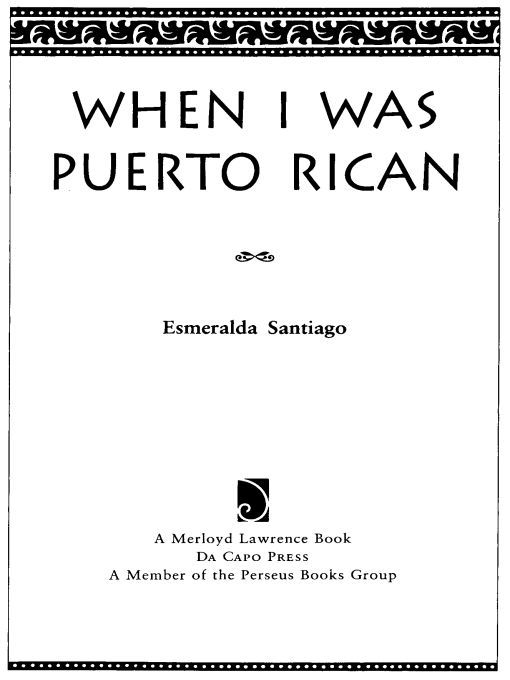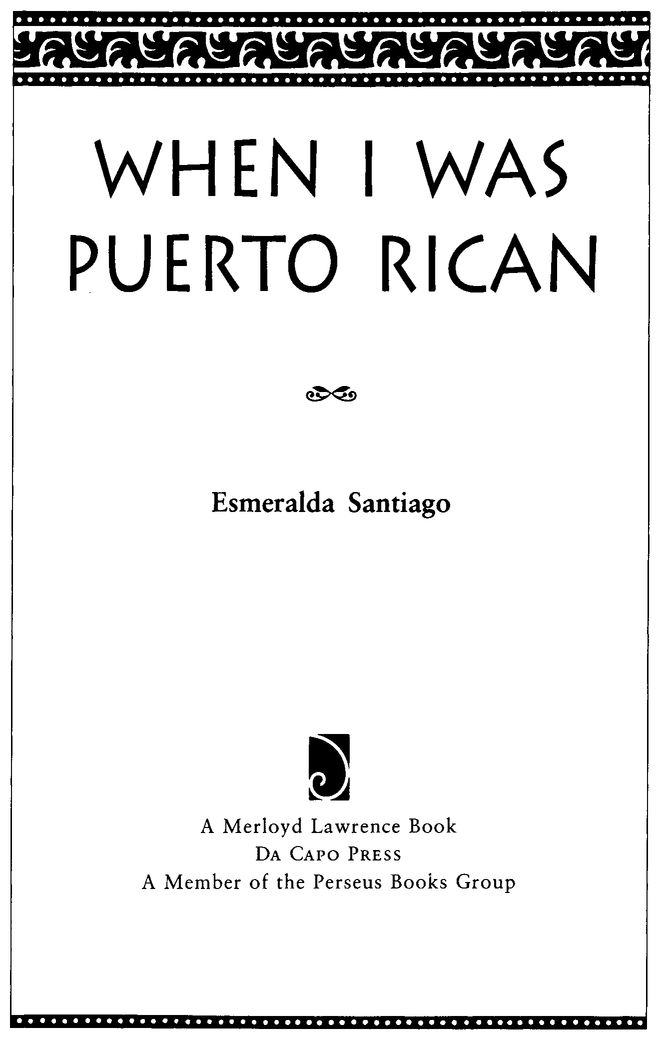Table of Contents
Also by Esmeralda Santiago
Amricas Dream
Las Christmas: Favorite Latino Authors Share
Their Holiday Memories (coeditor)
Almost a Woman
Las Mamis: Favorite Latino Authors
Remember Their Mothers (coeditor)
The Turkish Lover
for Mami
El boho de la loma,
bajo sus alas de paja,
siente el frescor maanero
y abre sus ojos al alba.
Vuela el pjara del nido.
Brinca el gallo de la rama.
A los becerros, aislados
de las tetas de las vacas,
les corre por el hocico
leche de la madrugada.
Las mariposas pululan
rub, zafir, oro, plata...:
flores hurfanas que rondan
buscando a las madres ramas...
Under its palm frond wings, the little house on the hill senses the freshness of morning and opens its eyes to the dawn. A bird flies from its nest. The rooster jumps from his branch. From the nostrils of calves separated from the cows runs the milk of dawn. Butterflies swarmruby, sapphire, gold, silverorphan flowers in search of the mother branch.
from Claroscuro
by Luis Llorns Torres
PROLOGUE: HOW TO EAT A GUAVA
Barco que no anda, no llega a puerto.
A ship that doesnt sail, never reaches port.
There are guavas at the Shop & Save. I pick one the size of a tennis ball and finger the prickly stem end. It feels familiarly bumpy and firm. The guava is not quite ripe; the skin is still a dark green. I smell it and imagine a pale pink center, the seeds tightly embedded in the flesh.
A ripe guava is yellow, although some varieties have a pink tinge. The skin is thick, firm, and sweet. Its heart is bright pink and almost solid with seeds. The most delicious part of the guava surrounds the tiny seeds. If you dont know how to eat a guava, the seeds end up in the crevices between your teeth.
When you bite into a ripe guava, your teeth must grip the bumpy surface and sink into the thick edible skin without hitting the center. It takes experience to do this, as its quite tricky to determine how far beyond the skin the seeds begin.
Some years, when the rains have been plentiful and the nights cool, you can bite into a guava and not find many seeds. The guava bushes grow close to the ground, their branches laden with green then yellow fruit that seem to ripen overnight. These guavas are large and juicy, almost seedless, their roundness enticing you to have one more, just one more, because next year the rains may not come.
As children, we didnt always wait for the fruit to ripen. We raided the bushes as soon as the guavas were large enough to bend the branch.
A green guava is sour and hard. You bite into it at its widest point, because its easier to grasp with your teeth. You hear the skin, meat, and seeds crunching inside your head, while the inside of your mouth explodes in little spurts of sour.
You grimace, your eyes water, and your cheeks disappear as your lips purse into a tight O. But you have another and then another, enjoying the crunchy sounds, the acid taste, the gritty texture of the unripe center. At night, your mother makes you drink castor oil, which she says tastes better than a green guava. Thats when you know for sure that youre a child and she has stopped being one.
I had my last guava the day we left Puerto Rico. It was large and juicy, almost red in the center, and so fragrant that I didnt want to eat it because I would lose the smell. All the way to the airport I scratched at it with my teeth, making little dents in the skin, chewing small pieces with my front teeth, so that I could feel the texture against my tongue, the tiny pink pellets of sweet.
Today, I stand before a stack of dark green guavas, each perfectly round and hard, each $1.59. The one in my hand is tempting. It smells faintly of late summer afternoons and hop-scotch under the mango tree. But this is autumn in New York, and Im no longer a child.
The guava joins its sisters under the harsh fluorescent lights of the exotic fruit display. I push my cart away, toward the apples and pears of my adulthood, their nearly seedless ripeness predictable and bittersweet.
JBARA
Al jbaro nunca se le quita la mancha de pltano.
A jbaro can never wash away the stain of the plantain.
We came to Macn when I was four, to a rectangle of rippled metal sheets on stilts hovering in the middle of a circle of red dirt. Our home was a giant version of the lard cans used to haul water from the public fountain. Its windows and doors were also metal, and, as we stepped in, I touched the wall and burned my fingers.
Thatll teach you, Mami scolded. Never touch a wall on the sunny side.
She searched a bundle of clothes and diapers for her jar of Vicks VapoRub to smear on my fingers. They were red the rest of the day, and I couldnt suck my thumb that night. Youre too big for that anyway, she said.
The floor was a patchwork of odd-shaped wooden slats that rose in the middle and dipped toward the front and back doors, where they butted against shiny, worn thresholds. Papi nailed new boards under Mamis treadle sewing machine, and under their bed, but the floor still groaned and sagged to the corners, threatening to collapse and bring the house down with it.
Ill rip the whole thing out, Papi suggested. Well have to live with a dirt floor for a while....
Mami looked at her feet and shuddered. A dirt floor, wed heard, meant snakes and scorpions could crawl into the house from their holes in the ground. Mami didnt know any better, and I had yet to learn not everything I heard was true, so we reacted in what was to become a pattern for us: what frightened her I became curious about, and what she found exciting terrified me. As Mami pulled her feet onto the rungs of her rocking chair and rubbed the goose bumps from her arms, I imagined a world of fascinating creatures slithering underfoot, drawing squiggly patterns on the dirt.
The day Papi tore up the floor, I followed him holding a can into which he dropped the straight nails, still usable. My fingers itched with a rust-colored powder, and when I licked them, a dry, metallic taste curled the tip of my tongue. Mami stood on the threshold scratching one ankle with the toes of the other foot.
Negi, come help me gather kindling for the fire.
Im working with Papi, I whined, hoping hed ask me to stay. He didnt turn around but continued on his knees, digging out nails with the hammers claw, muttering the words to his favorite chachach.
Do as I say! Mami ordered. Still, Papi kept his back to us. I plunked the can full of nails down hard, willing him to hear and tell me to stay, but he didnt. I dawdled after Mami down the three steps into the yard. Delsa and Norma, my younger sisters, took turns swinging from a rope Papi had hung under the mango tree.


